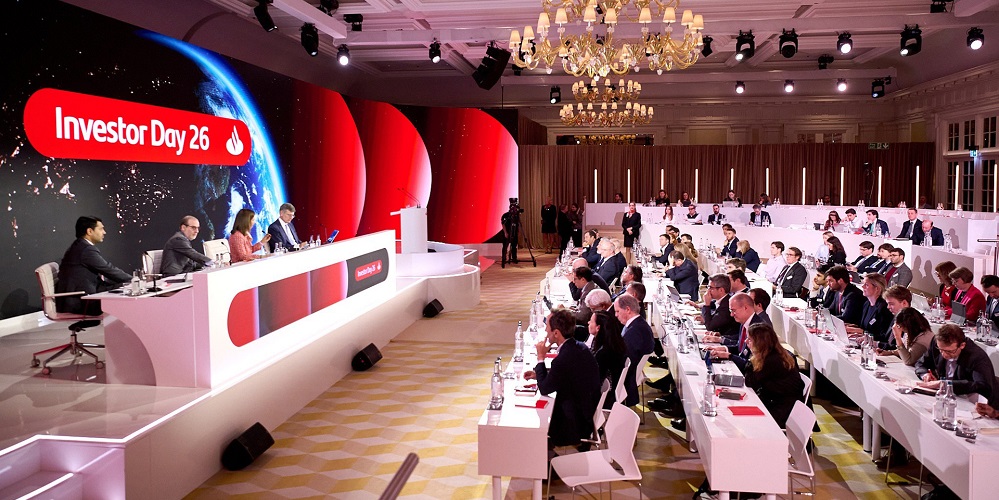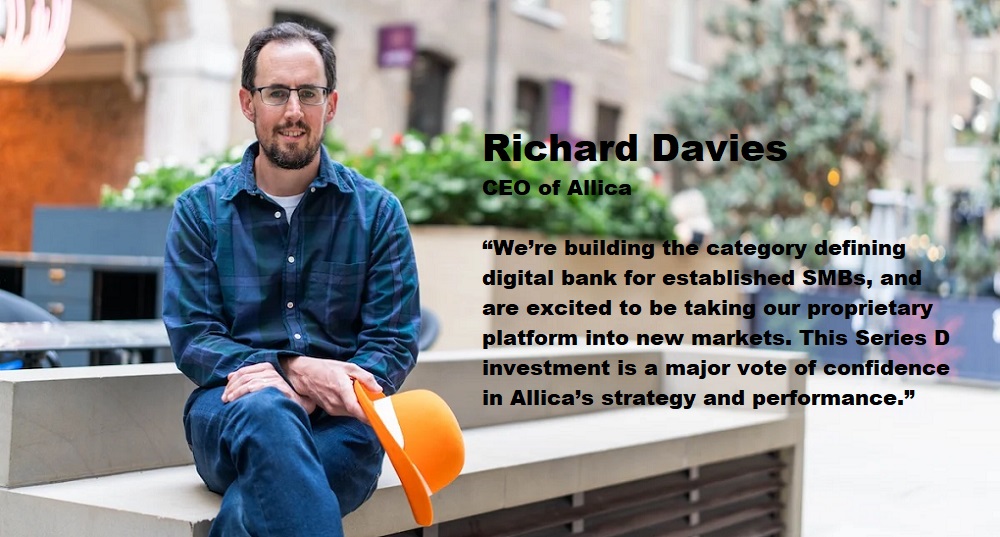Future uncertainty for the cryptocurrency sector: China wants to eliminate bitcoin mining

China’s state planner wants to eliminate bitcoin mining in the country, according to a draft list of industrial activities the agency is seeking to stop in a sign of growing government pressure on the cryptocurrency sector, Reuters said.
China is the world’s largest market for computer hardware designed to mine bitcoin and other cryptocurrencies, even though such activities previously fell under a regulatory grey area.
The National Development and Reform Commission (NDRC) said on Monday it was seeking public opinions on a revised list of industries it wants to encourage, restrict or eliminate. The list was first published in 2011.
The draft for a revised list added cryptocurrency mining, including that of bitcoin, to more than 450 activities the NDRC said should be phased out as they did not adhere to relevant laws and regulations, were unsafe, wasted resources or polluted the environment.
It did not stipulate a target date or plan for how to eliminate bitcoin mining, meaning that such activities should be phased out immediately, the document said. The public has until May 7 to comment on the draft.
State-owned newspaper Securities Times said on Tuesday the draft list “distinctly reflects the attitude of the country’s industrial policy” toward the cryptocurrency industry.
“The NDRC’s move is in line overall with China’s desire to control different layers of the rapidly growing crypto industry, and does not yet signal a major shift in policy,” said Jehan Chu, managing partner at blockchain investment firm Kenetic.
“I believe China simply wants to ‘reboot’ the crypto industry into one that they have oversight on, the same approach they took with the Internet.”
Other bitcoin traders said they were not surprised by the government’s move.
“Bitcoin mining wastes a lot of electricity,” said one Chinese bitcoin trader who declined to be named due to the sensitivity of the situation.
The cryptocurrency sector has been under heavy scrutiny in China since 2017, when regulators started to ban initial coin offerings and shut local cryptocurrency trading exchanges. China also began to limit cryptocurrency mining, forcing many firms – among them some of the world’s largest – to find bases elsewhere.
Nearly half of bitcoin mining pools – groups of miners that team up for economies of scale – are located in the Asia-Pacific, a Cambridge University study said in December.
“Half of the network is probably located in China,” said Alex de Vries, a consultant with PwC in Amsterdam who specializes on blockchain and researches cryptocurrency mining. He added that the number of mining facilities in the world is still limited to several hundred.
Countries with relatively cheap electricity have emerged as major hosts of cryptocurrency mining. Mati Greenspan, an analyst with eToro in Israel, said any ban by China would cut a key supply of cheap electricity for the industry and raise the average cost to mine bitcoin.
Chinese companies are also among the biggest manufacturers of bitcoin mining gear, and last year three filed for initial public offerings in Hong Kong, looking to raise billions of dollars.
However, the two largest, Bitmain Technologies, the world’s largest manufacturer of bitcoin mining gear, and Canaan Inc, have since let their applications lapse. People familiar with the deals said that Hong Kong regulators had many questions about the companies’ business models and prospects.
According to Canaan’s IPO prospectus filed last year, sales of blockchain hardware primarily for cryptocurrency mining in China were worth 8.7 billion yuan ($1.30 billion) in 2017, 45 percent of global sales by value.
The prospectus forecasts that sales in China would rise to 35.6 billion yuan by 2020.
Dariusz Mazurkiewicz – CEO at BLIK Polish Payment Standard
Banking 4.0 – „how was the experience for you”
„To be honest I think that Sinaia, your conference, is much better then Davos.”
Many more interesting quotes in the video below:










